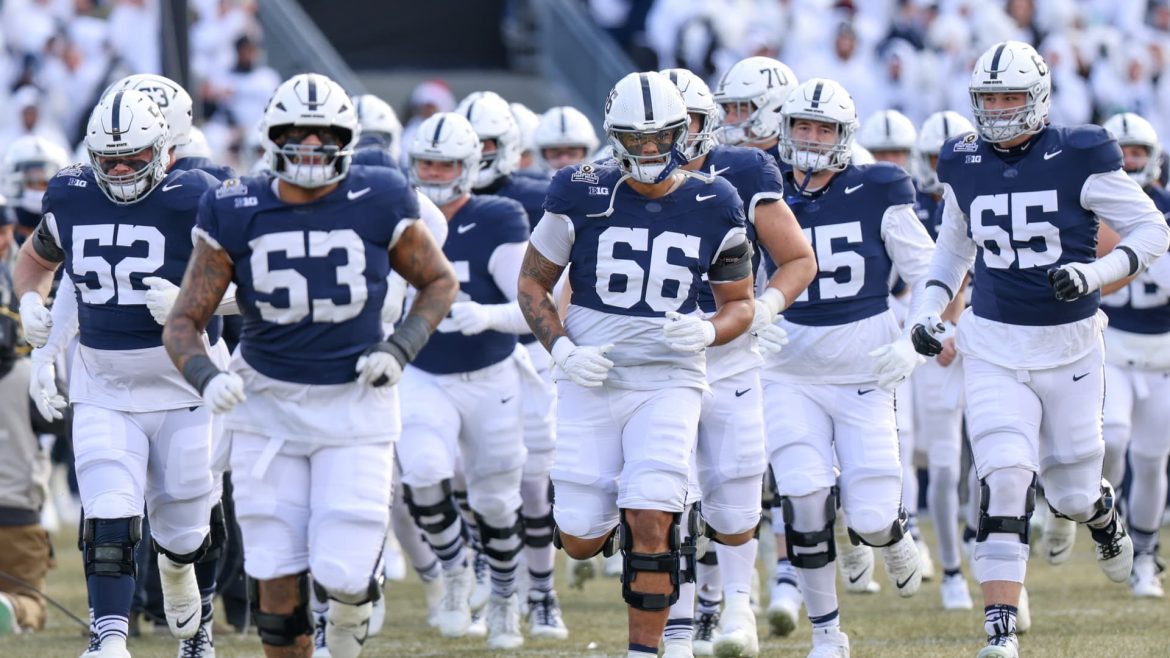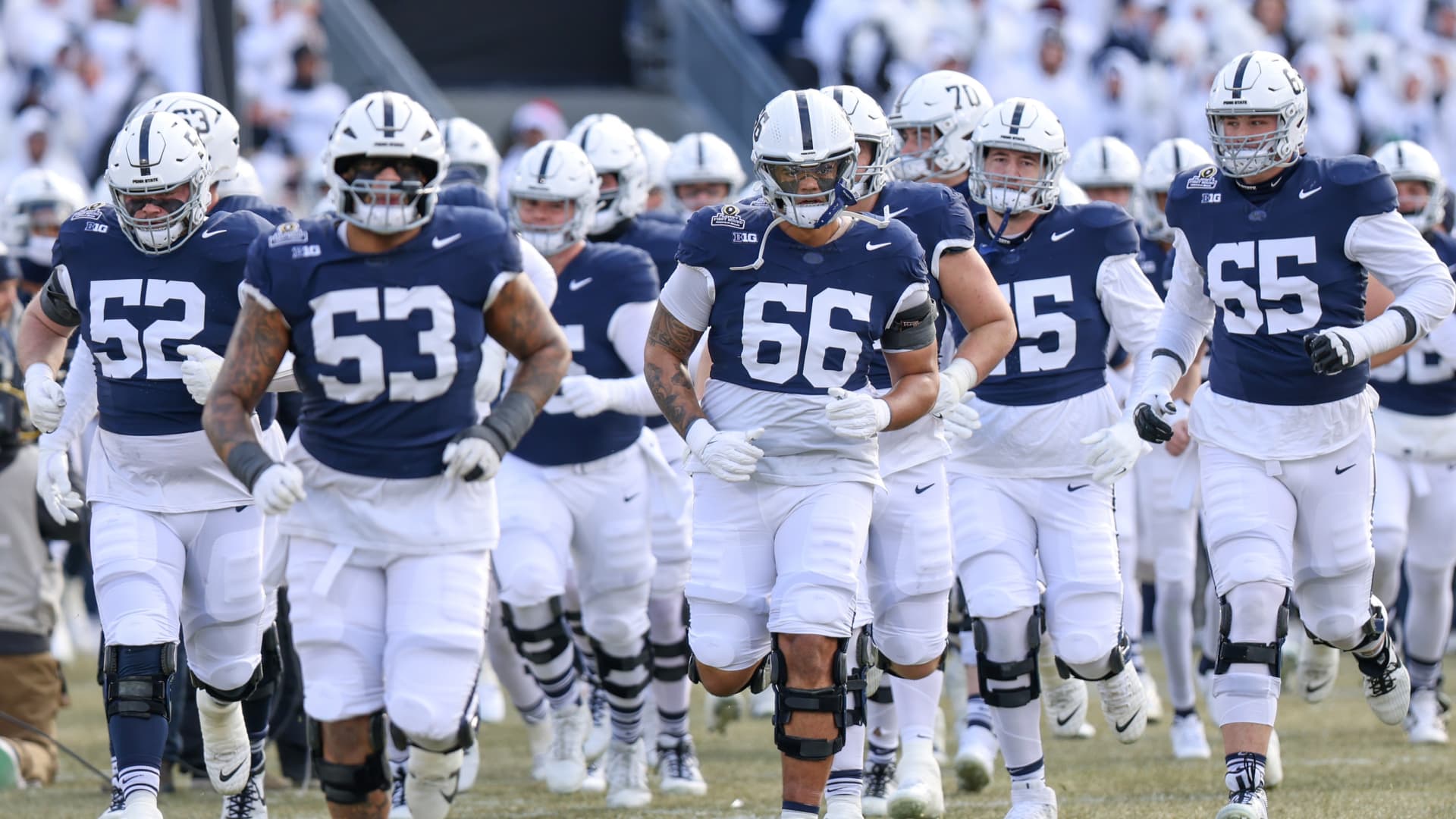The recent emergence of private equity (PE) involvement in college sports marks a profound shift in how collegiate athletics are financed, managed, and commercialized. Spearheaded by industry leaders such as Elevate Sports Ventures, this development not only reflects the growing professionalization of college sports but also signals a new era where financial innovation and strategic investment are poised to reshape an ecosystem historically grounded in amateurism.
Elevate Sports Ventures and the $500 Million Collegiate Investment Initiative
Elevate Sports Ventures, a global sports and entertainment consulting firm, has launched a substantial $500 million fund aimed at investing directly in college athletics departments and related projects. Backed by private equity firm Velocity Capital Management and the Texas Permanent School Fund, this fund—termed the Collegiate Investment Initiative—targets long-term growth opportunities in college sports (Synopsis from Forbes, Sports Business Journal).
Elevate’s strategy represents a multi-pronged approach:
– Revenue Optimization: The fund aims to enhance revenue streams through innovative strategies such as dynamic pricing for ticket sales and improved multimedia rights negotiations. For instance, Elevate already manages ticket sales exceeding 100,000 seats at marquee Southeastern Conference (SEC) events, demonstrating operational capacity.
– Infrastructure and Facilities: Investments are anticipated in facilities and technological upgrades that enable schools to attract fans, athletes, and sponsors alike. Programs such as the $120 million Centennial Campaign underscore the demand for modern infrastructure.
– Talent and Executive Recruitment: Elevate’s acquisitions of firms like SRI and Bowlsby Sports Advisors reflect a commitment to strengthening leadership talent within athletics departments, creating a synergy between investment capital and organizational excellence.
– Data-Driven Engagement: Leveraging AI and personalized fan engagement strategies, Elevate helps translate brand followers into engaged fan bases, thereby heightening monetization potential.
Private Equity’s Entry: Drivers and Implications
The entrance of PE firms into college sports is motivated by several converging trends:
College sports have become lucrative media content with expanding rights deals. The mass media rights landscape, especially among Power Five conferences, generates billions annually, presenting a prime investment target. Past efforts, such as Pac-12’s attempt through Raine Group to attract external investors with promises of media deal returns, show historical precedence for this model, though success now appears more certain due to changing regulatory and market conditions.
Athletic departments are recovering from pandemic-induced financial challenges, which have sparked a heightened focus on sustainable revenue models. New capital injections can stabilize athletic programs, avoiding detrimental cutbacks and fostering competitive success.
The advent of NIL rights has redefined college athletes’ roles in revenue generation. PE-backed initiatives can create sophisticated platforms and models for maximizing athlete and program revenues while navigating regulatory complexities.
The historically fragmented youth and collegiate sports markets are witnessing consolidation through mergers and acquisitions in media, tech, and league operations. PE firms bring capital and expertise to accelerate this integrative trend, promising efficiency gains and increased scale.
Nevertheless, this influx of capital and market logic into collegiate sports raises critical questions about maintaining the balance between amateur competition and commercial interests, as well as the long-term effects on athlete welfare and institutional autonomy.
Challenges and Hurdles in PE-Backed College Sports Investment
Despite the promising financial upside, integrating private equity into the college sports arena faces significant complexities:
– Regulatory and Institutional Resistance
The NCAA’s evolving governance framework and resistance from university administrations wary of ceding control complicate investment structures. Compliance with settlement agreements, such as the House v. NCAA ruling mandating significant financial obligations to athletes and expanded rosters, adds financial strain and procedural challenges.
– Distribution of Revenues
The existing system usually channels funds via media rights and licensing deals managed by third parties like Learfield IMG College. Direct investor involvement necessitates clear mechanisms for revenue sharing that align with stakeholders’ interests, particularly players and universities.
– Risk of Commercial Overreach
Prioritizing investor returns introduces potential risks, such as over-commercialization or sacrificing educational and athlete development goals for financial metrics. The sustainability of such investments depends on preserving the integrity and appeal of college sports.
Industry Outlook and Broader Impacts
The sports industry at large is evolving rapidly, influenced by factors such as fan engagement shifts, media landscape disruption, and technological innovations. According to recent Deloitte sports industry outlooks, sports entities are increasingly focusing on maximizing return on investment amid intensifying competition for fan attention.
Elevate’s holistic approach not only capitalizes on these trends but pioneers the integration of private equity into the collegiate sphere. Their initiatives—acquiring talent advisory firms and deploying AI-powered engagement strategies—illustrate a forward-thinking model for sports investment. This investment wave may serve as a catalyst for universities and athletic departments to modernize operations, enhance fan experiences, and ultimately increase financial resilience.
However, stakeholders must carefully navigate potential pitfalls—balancing commercial ambitions with the values and educational mission inherent to college sports. Transparency, collaboration, and adaptive governance will be essential to harnessing private equity’s benefits while safeguarding the ecosystem’s unique characteristics.
Conclusion: Private Equity’s Transformative Play in College Sports
The launch of a $500 million private equity-backed fund by Elevate Sports Ventures signals a pivotal moment for college sports—a sector undergoing rapid commercialization and professionalization. With strategic investments in revenue generation, talent recruitment, and infrastructure, the initiative exemplifies how capital and expertise can drive growth and innovation in collegiate athletics.
Yet, the integration of private equity forces a reassessment of long-held norms around amateurism, governance, and athlete compensation. Success will hinge on crafting investment approaches that respect the academic and social roles of college sports while unlocking new economic opportunities.
As Elevate and its partners trailblaze this frontier, they embody a broader shift wherein finance, technology, and sports culture converge—reshaping not only the business of college athletics but potentially the very experience of sport for athletes and fans alike. This balance of entrepreneurial vigor and institutional stewardship will define the next chapter in the evolution of college sports.





